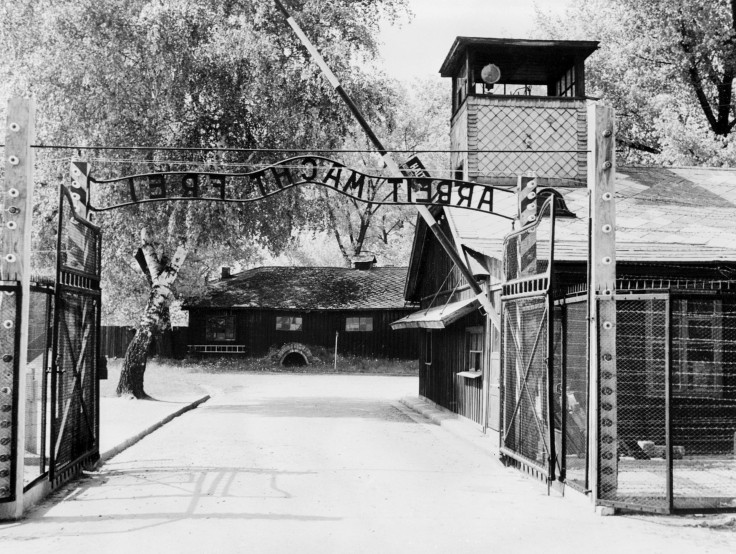Holocaust Denial, Inciting Racial Hatred Now Crimes In Italy

For Italians, denying the Holocaust now could result in some time behind bars.
Italy has adopted a law banning incitement of racial hatred, including denying the historical existence of the Holocaust, in which as many as 6 million European Jews were systematically murdered by Nazi Germany and its World War II allies, such as Italy. The law comes in the wake of two recent incidents involving other countries grappling with past atrocities.
“By approving this law, Parliament intends to tackle the most subtle forms of racial defamation, xenophobia, anti-Semitism and incitement to hatred,” said Chiara Gribaudo, the Democratic Party vice president of the Italian House, the Local reported.
The lower house of Parliament Wednesday passed the bill, which would punish offenses with as long as six years in prison. Italy joins other European Union nations France, Germany and Belgium in outlawing Holocaust denial. More than 1,000 Italian Jews were killed in the mass genocide.
Two other major international powers just faced crossroads in determining how to handle dark chapters of history. Last week the German Parliament overwhelmingly approved a resolution to recognize the mass killing of Armenians by Ottoman Turks during World War I as a genocide. The resolution, which acknowledged Germany’s “complicity” in the atrocity, was met with indignation from Turkey, which maintains the genocide has been exaggerated and the war was the cause of most of the deaths.
“Without this admission there cannot be forgiveness and reconciliation. Suffering does not know temporary boundaries,” said Albert Weiler, a member of Germany’s Christian Democratic Union party. “Genocide will never remain in the past. By recognizing the genocide, it will force the Turkish government to take a brave step and look into its own history.”
In May, President Barack Obama walked a fine line when he went to Hiroshima, Japan, and became the first sitting American leader to visit the site where the U.S. dropped an atomic bomb on Aug. 6, 1945, in the final days of World War II. Obama was tasked with acknowledging the grave significance of the bomb, which killed an estimated 140,000 people, but the president opted not to formally apologize for the action. Many conservative pundits had criticized Obama for even visiting Hiroshima as symbolic of an alleged “apology tour” for the country. They argued the bomb helped end the war.
“Why did we come to this place, to Hiroshima? We come to ponder a terrible force unleashed in the not-so-distant past. We come to mourn the dead,” Obama said during his visit. “Their souls speak to us, they ask us to look inward, take stock of who we are.”
© Copyright IBTimes 2025. All rights reserved.





















